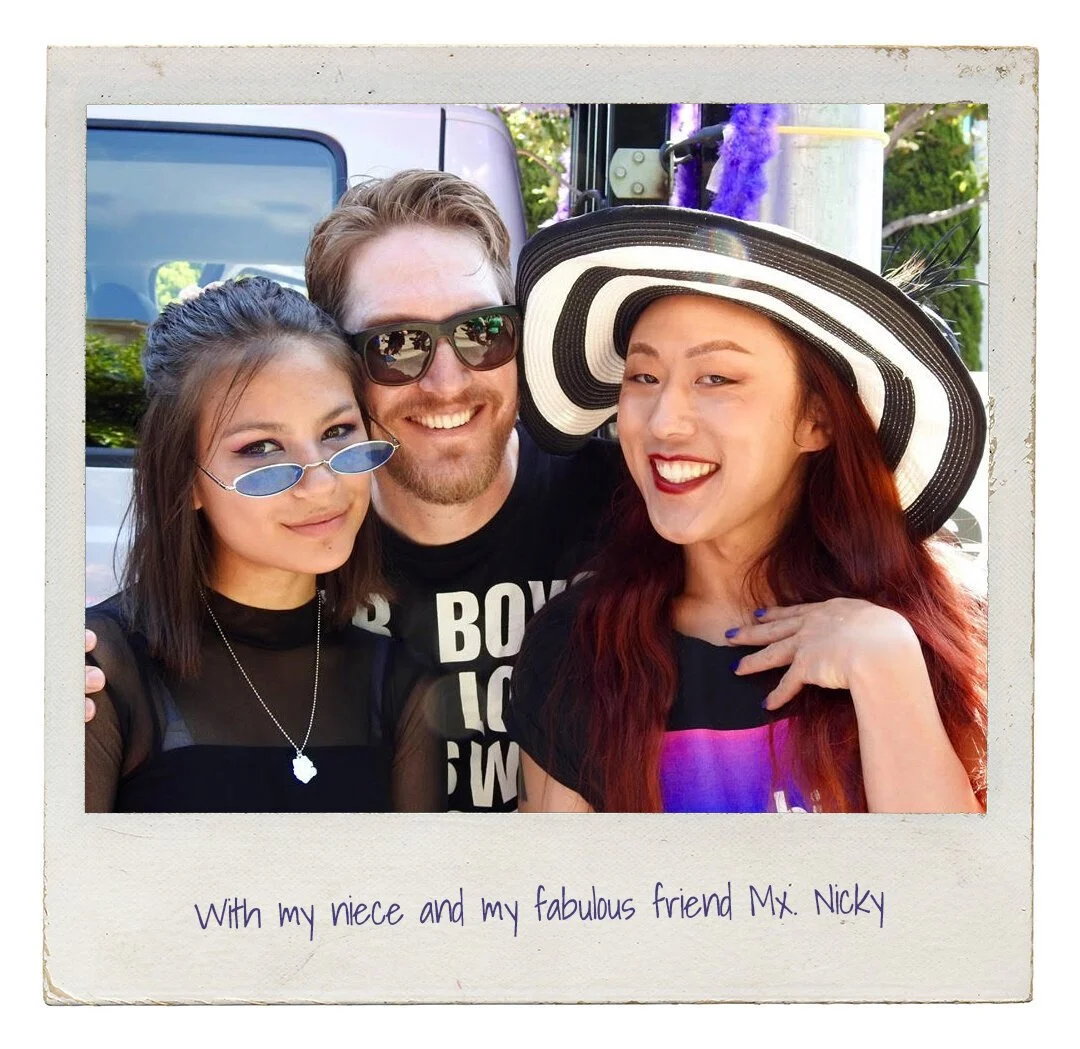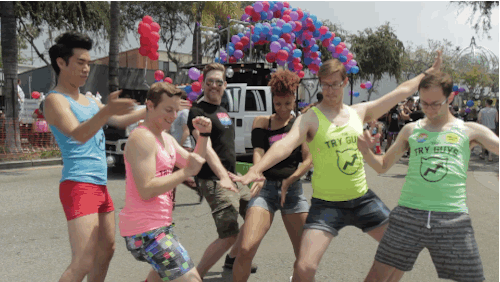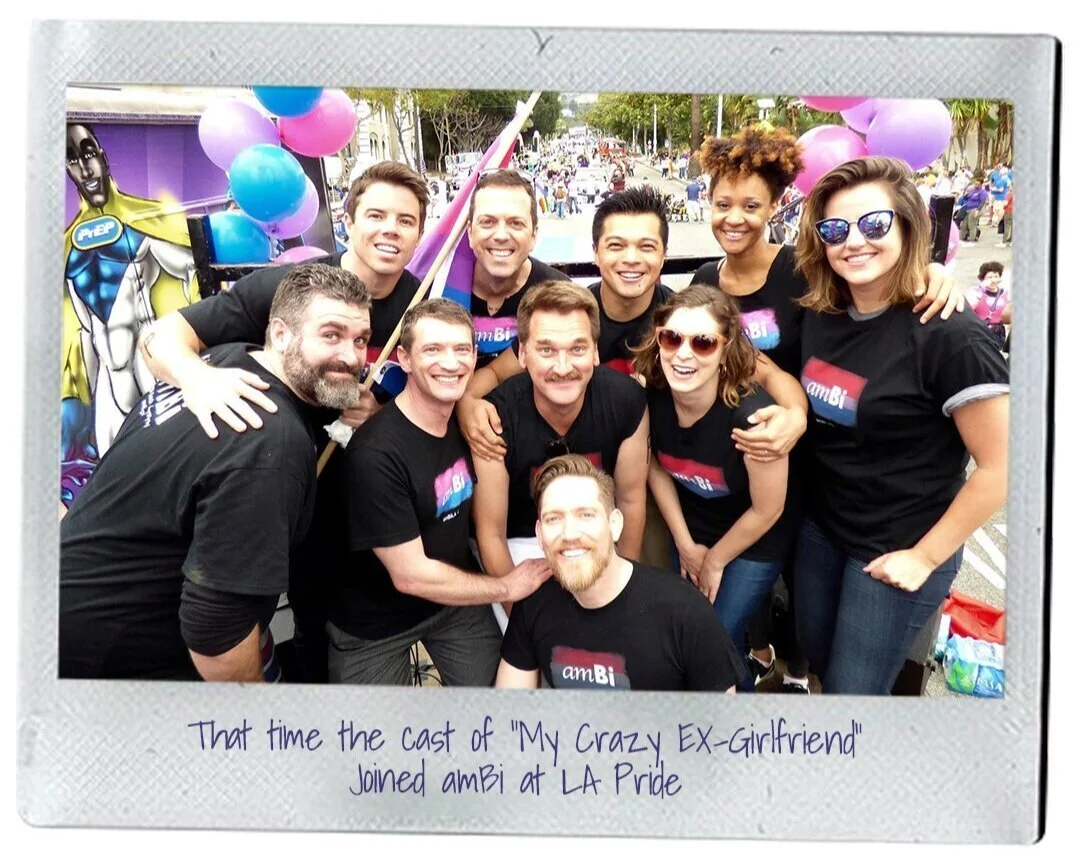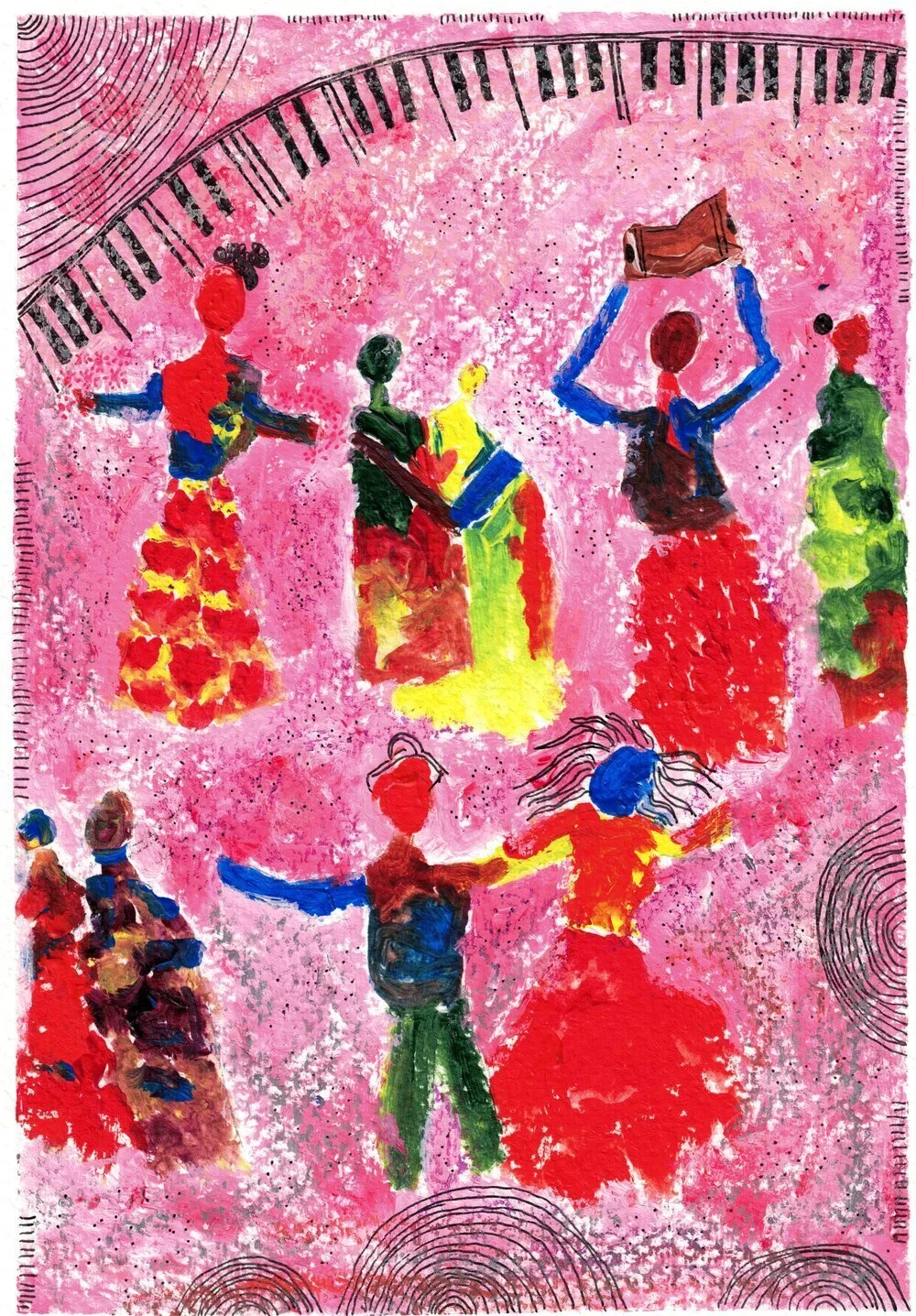Ian’s Story
When I came out as bi in 1999, I was living in San Diego. I had no idea at the time how lucky I was. Thanks to the work of Dr Fritz Klein and the Bisexual Forum group he founded, I got to figure out my sexuality in a supportive environment of friends - bi people who understood and accepted me as I was. It made me strong. It made me grounded. It made me nearly invulnerable to biphobia. For the next five years I had more bi friends, people who really understood me, than I could count. Then, in 2004, I moved to Los Angeles, and everything changed. Moving to such a big city, I expected to find a huge bi community, but instead I couldn’t even find other bi people. I was as isolated from my community as I was when I was still in the closet. It sucked.
Fortunately, I was not the only one who felt that way, and in 2006, a bi social club called amBi was formed to help address the problem. I wasn’t involved at first, but when the group finally went online in 2008, it came up on my radar and I quickly joined. Yet the group seemed to struggle. It followed a rigid meeting schedule and every year there was talk of dissolving the organization as the organizers’ terms ran out, somewhat as a threat to get new people to step up to the plate. For me, it was clear what was holding amBi back: it wasn’t using the power of the internet to reach new people, and the group couldn’t decide if it was an activist organization or a social community. I firmly believe most bi people are looking for the latter - like I was. I don’t see how we can expect anyone to advocate for a community if they don’t yet feel a part of it, if they haven’t integrated their identity, if they haven’t healed themselves first. So I offered to step up and lead. I took the helm, fittingly enough, on September 23, 2010, which is Bi Visibility Day. Since then, amBi has grown into a thriving social organization, filling the lives of its members with friendships that make being bi a source of pride and wellbeing.
I leveled up when I got to be part of a GIF with the TryGuys
One thing I have learned over the years is that most bi activists are focused on rehashing the sadness, depression, and trauma that can come from being bi in a world that doesn’t understand bisexuality or even believe it exists. While I think it’s vital to understand how minority stress affects us, for me the whole point of that exercise is to find solutions. Appeals for sympathy, resources, or inclusion based on victimhood status may be popular on Twitter, the thing is, in the end it’s up to us to create pockets of the kind of world we want to live in. Nobody is going to give it to us or do it for us. So, I like to keep my mission very simple: I create spaces where bisexuality is lived openly, proudly, and fiercely. Where it’s a cause of joy and strength.
I want to make sure bi people know there are millions and millions of people in the world like them. I want the rest of the world to know that bisexuality is beautiful and paradigm-breaking yet also easy to understand - it means that your love is not limited by sex or gender.
We started spreading amBi to other cities in 2014. Now, we have ten groups (chapters) in three countries spread across two different continents. In Los Angeles alone, our numbers have grown from 1000 to over 3500 -- and we’re not done yet! We currently have our sights on developing an app, which we intend as a platform to empower bi community building - through socializing - from the smallest rural area to the biggest metropolis. There are so many bi people in this world - more than gays, lesbians, and trans people combined - with the tools available to us in the 21st century, nobody should have to feel completely alone or misunderstood for being bi anymore.
ARTIST NOTES
“The hero of this story emphasizes celebrating things in life rather than concentrating on traumatic experiences, so he tries to make all of his events fun. The background is soft pink, which represents unconditional love and a place where everyone is made to feel like they belong. Human figures are in different dresses, representing the diversity in their background, yet everyone is equally welcome. There is a piano in the top and one of the figures is holding a drum, which means the music of the heart binds them all. The figures are represented in two lines showing the chapters are increasing as more and more people join amBi. The hearts and flowers throughout the illustration represent that everyone is loved and welcome, which shows the celebratory and fun nature of amBi events.”
— KARTHIK AITHAL







